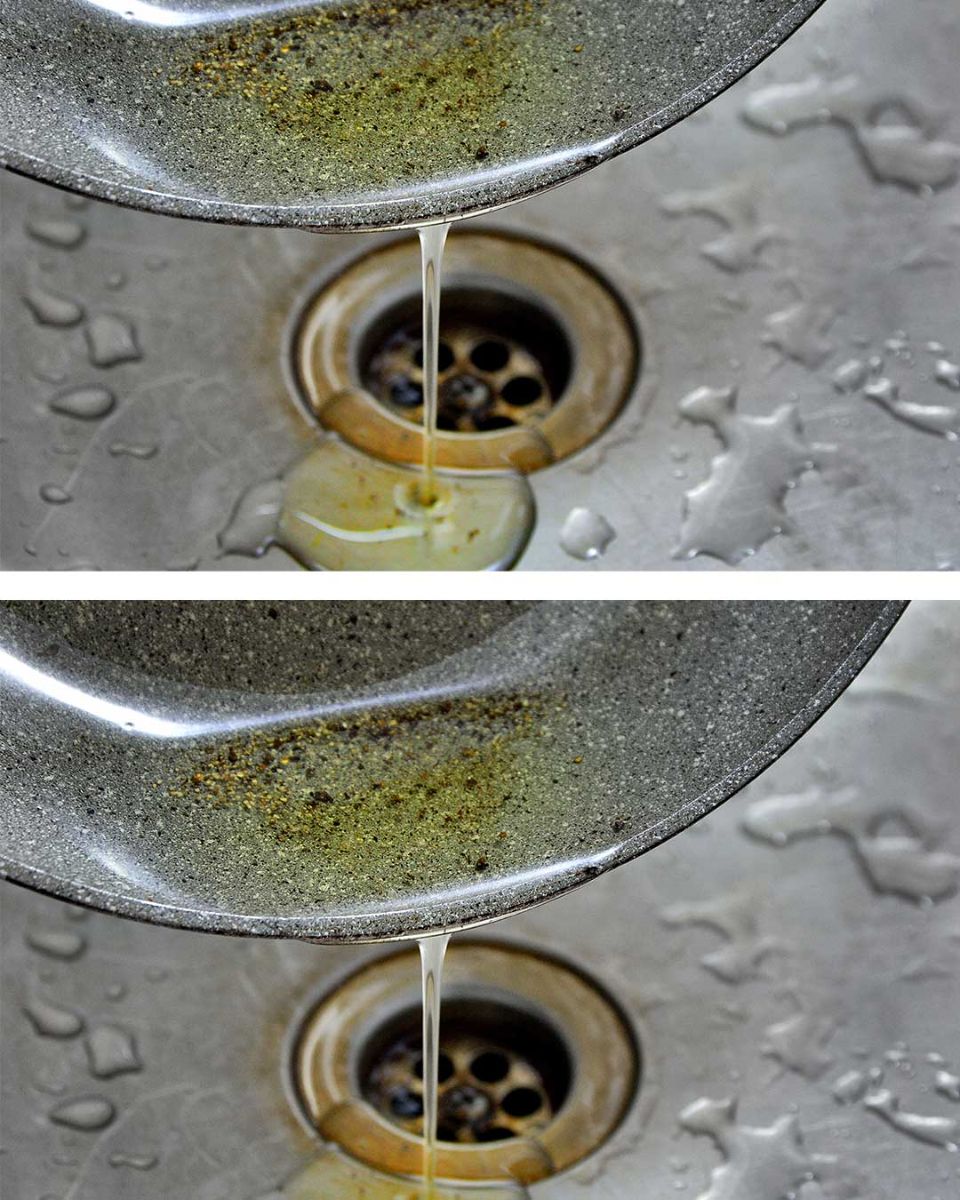- Harm to Wildlife Oil that enters natural water bodies can coat the feathers and fur of animals, reducing their buoyancy and insulation. This exposure can be fatal for wildlife.
- Costly Repairs Repairing damaged sewage systems and clearing blocked pipes can be a tedious and expensive process. Proper disposal of oil can help households and communities save substantial amounts of money in the long run.
How to Dispose of Used Cooking Oil Properly
- Reuse the Oil If the oil remains relatively clean after use, consider filtering it and storing it for future cooking. This practice allows you to extend the life of your cooking oil and reduce waste.
- Seal in Containers Instead of disposing of used oil down the drain or in the trash, transfer it into a sealable container, such as a used jar or bottle, and then discard it.
- Recycling Programs Many communities offer recycling programs that accept used cooking oil. Look into local recycling centers or collection events for proper disposal.
- Commercial Waste Management Some companies specialize in collecting and disposing of industrial cooking oil. This process often results in the production of biodiesel, an environmentally friendly alternative to fossil fuels.
Properly disposing of used cooking oil is both an environmental responsibility and a household management task. By handling spent cooking oil with care, you can prevent plumbing problems and contribute to a healthier planet. Follow these guidelines to safeguard your home and the environment.
👇 To continue reading, scroll down and click Next 👇
ADVERTISEMENT

